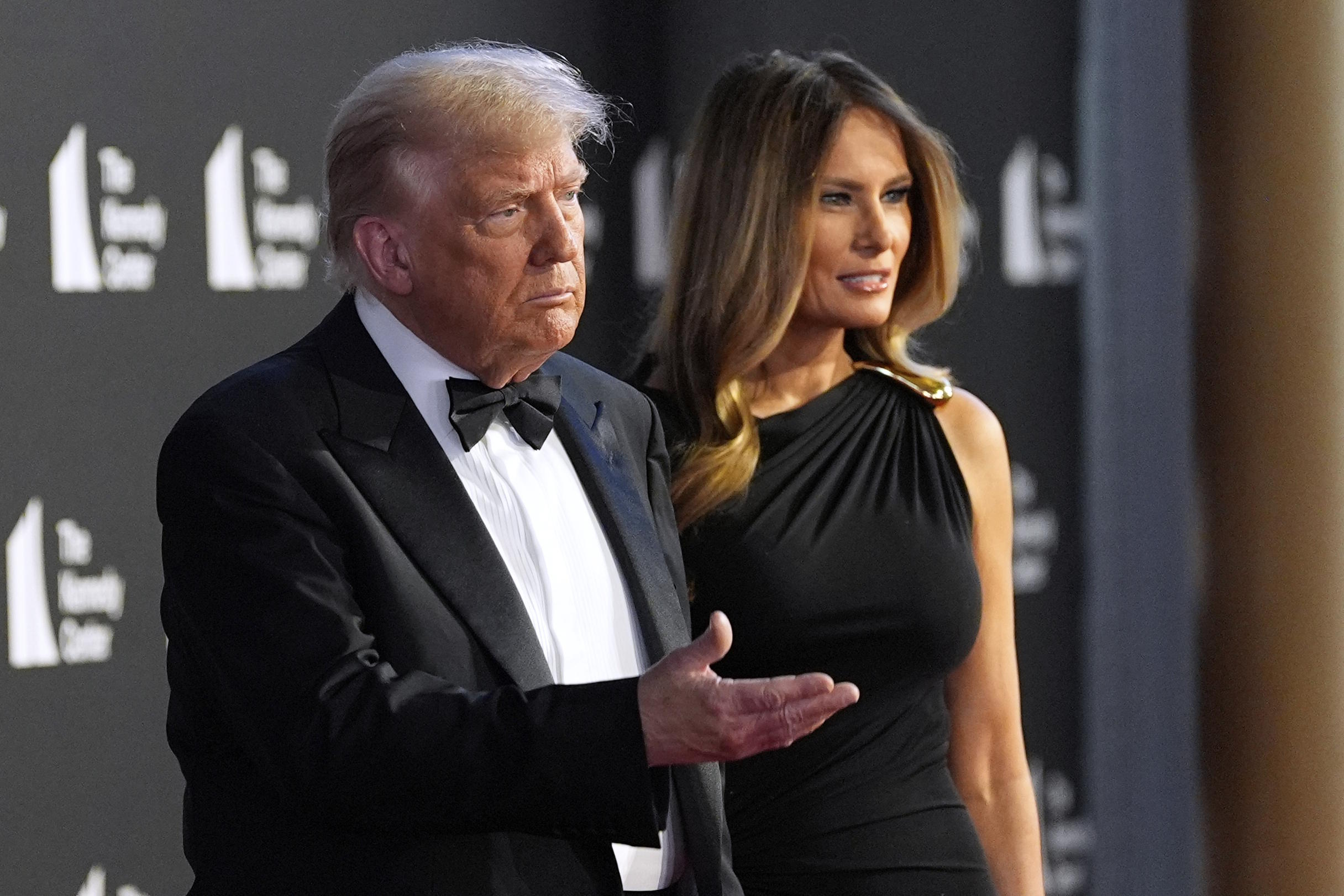After two marathon sessions in London, negotiators from China and the US reached a provisional agreement on Tuesday to review their trade relations, which have been severely damaged since Donald Trump declared a unilateral trade war on the entire planet.
In his first term, the US president imposed tariffs on China and revived sector-specific tariffs on steel and aluminum. This time, he did the same, accusing the Asian giant (as well as Mexico or Canada) of not doing anything to stop the influx of drugs into the United States.
On April 2, he also imposed so-called "reciprocal tariffs" on almost all countries worldwide, but while the rest ended up at 10% (at least for now), Beijing's tariffs started to escalate reaching up to 145% or even 245% on some products, a completely unsustainable figure, even considering exemptions for computers, phones, and electronic components.
After much back and forth, outbursts, unleashed attacks, and threats, both parties met last month in Switzerland and agreed to a truce. And now in London, they have made further progress and delved into those terms, which had been shattered in recent weeks after China continued to restrict shipments of valuable rare earth minerals and magnets needed by American manufacturers.
The negotiators have not provided very precise details because everything is pending approval from their leaders. But Donald Trump went a step further on Wednesday, boasting on his social media of a great success and giving confusing figures to present what is being discussed as a resounding victory.
"Our agreement with China is closed, subject to final approval from President Xi and me. China will supply in advance the necessary magnets and rare earths. Likewise, we will provide China with what was agreed, including access for Chinese students to our universities (which I have always thought was good!). They apply tariffs of 55% to us, while China receives 10%. Our relationship is excellent!" he wrote, mixing many ideas.
Trump not only had taxed Chinese goods but had instructed the State Department to begin revoking visas for their students, especially those studying technical careers or those "with ties to the Communist Party of China," a way to penalize the children and relatives of high officials who have been sending their children to the top Ivy League universities in the US for decades. Including President XI himself.
In his message, Trump says that thanks to this new framework, those young people will not have problems, even saying that he had always thought it was good, after weeks of targeting them. He also claims that Beijing "will supply rare earths in advance," another obsession of the White House. One of Beijing's first responses to the tariff war was to cut off the supply of many of these minerals, essential for new technologies and industries, of which it is the world's leading producer. The US has sought alternatives for the medium and long term, for example, forcing Ukraine to give them almost total access to theirs in exchange for help in defense against Russia. But in the short term, there are no concrete solutions.
Trump goes further. In his message, he implies that his victory is so overwhelming that Xi would have agreed for their products to pay tariffs of 55%, compared to a 10% burden for US products sold in China. In reality, that 55% figure includes the 10% of the so-called "reciprocal" tariffs, that is, the same base he wants for the entire planet. A 20% that he imposed in January due to the lack of cooperation against the arrival of fentanyl. But above all, a 25% that has been in place for eight years. So the figure would be closer to 30%, an enormous amount in any case.
The key to all this is what happens with technological products, phones, computers, and components that account for the majority of exports, essential for major American companies like Apple. And what happens with chips, as the US began to limit sales to China from major producers like NVIDIA, authorizing only a small number or products that were not the latest generation, with the aim of delaying advances in Artificial Intelligence by its major rival.
The Chinese team, led by Vice Premier He Lifeng, a trusted advisor to leader Xi Jinping, demanded that the US negotiators significantly relax restrictions on the sale of technology and other products, such as aircraft engines. The lack of announced details could suggest that the US side will need Trump's approval to reverse other measures.
In an official statement released by the Chinese state news agency Xinhua on Wednesday afternoon, Beijing stated that the two parties "made new progress in addressing each other's economic and trade concerns," without providing further details, and that the talks during the two-day meeting in London had been "frank and in-depth." Vice Premier He, the economic czar of the Asian giant, who led the Chinese delegation in London, also said that "China does not want a trade war", but that his country is also not afraid of a confrontation. "Both parties must resolve their economic and trade differences through equitable dialogue and mutually beneficial cooperation. China is sincere in economic and trade consultations, but also has its principles," he declared.
